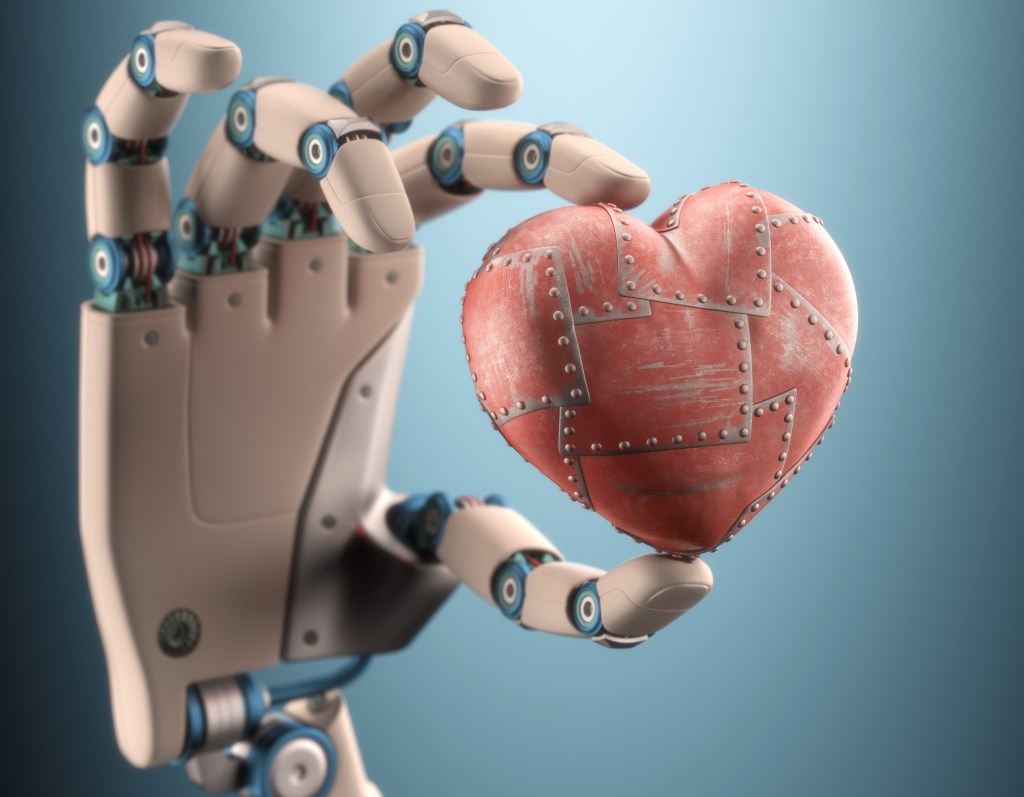Christoffer O. Hernæs
More posts from Christoffer O. Hernæs
When I was growing up, my father often told me that Andy Warhol once said that he wanted to be a machine, and that it would be a lot easier to be a machine — if something broke, you could just replace it.
Even though small wounds and injuries heal, this has not been the case for humans. If something were inherently broken, it would stay broken the rest of our lives. Which relates to another common saying: The only two things in this world that are certain are death and taxes.
For the transhumanist movement, this is not the case. Transhumanists believe that humankind can evolve beyond its current physical and mental limitations to become “superhuman” and, eventually, immortal. One of the most prominent members of the movement is Zoltan Istvan, founder of the Transhumanist Party and 2016 third-party presidential candidate.
For Istvan, aging and death are the biggest plague of our time. The party is proposing a transhumanist bill of rights that states that it should be illegal to stop research on longevity and eternal rights based on religious and ethical reasons.
Many of today’s well-known faces in the tech world accompany the movement. Peter Thiel has, like a modern-day King Gilgamesh, stated that it is against human nature not to fight death, and is investing heavily in companies like the Methuselah Foundation. He is joined by Larry Ellison, who finds accepting mortality “incomprehensible.” Google co-founders Larry Page and Sergey Brin, as well as Mark Zuckerberg, are also investing in ways to extend human life.
The concept of eternal or even extended life would challenge several constructs of today’s society, ranging from healthcare and social services to pensions and insurance, as well as the labor market, just to name a few. Eternal life also poses a series of ethical and moral dilemmas, such as how to make room for the next generation, or whether eternal or prolonged life would be reserved for those privileged few.
One of the proposed solutions to achieve immortality comes from Ray Kurzweil, who believes that we can transfer our consciousness to machines to achieve digital immortality within three decades.
However, by the time it is predicted we achieve digital immortality, it is also likely that we would have developed human-like artificial intelligence. Elon Musk believes that humans need to add digital implants in the form of a neural lace to their brains to be able to compete with artificial intelligence.
For those who wish to start with something simpler than brain implants, you can order a DIY kit to implant RFID or NFC chips in your hand. The founder of the site has completely stopped using keys and passwords, and states that implants like these should be considered a natural next step of human evolution. Earlier this year Andreas Sjöström got some attention through a YouTube video, showing how he boarded a flight by tapping his left hand on an NFC reader.
While implants are one form of augmentation for the transhuman age, prosthetics are becoming more advanced and there are already projects in development that enable limbs to be controlled by the mind and linked directly to the nervous system.
Advances in 3D printing are also entering the world of prosthetics and organ transplants. We will soon be able to create custom replacement parts for both limbs and organs. Imagine a future where you will be able to replace different limbs to suit different tasks, with bionic body parts specifically engineered to perform specialized tasks much better than our own arms and legs that are generally good at most things.
There are even those who claim that in a transhuman world, the disabled will be the ones without prosthetic limbs or other forms of bionic enhancements. This opens up another ethical debate. When is it OK to replace healthy human limbs with artificial (and in the future, superior) ones?
For those who prefer to stay biological, but still look to enhance performance, biohacking is another field within the transhumanist movement. For $199, you can get your DNA analyzed by the company 23andMe to test various health conditions based on genetic and hereditary conditions. Researchers are even browsing DNA data to look for clues that let us understand depression. The most well-known initiative in this field is the Human Genome Project, which from the very beginning foresaw that human genomic research would raise ethical, legal and social issues. Indeed, there are already cases of genetic discrimination in the insurance industry.
However, understanding genetics is only the first step. CRISPR is a technology that allows scientists to edit genomes with unprecedented precision, efficiency and flexibility. Chinese scientists will become the first in the world to inject people with cells modified using gene-editing technology CRISPR Cas9 in an attempt to cure cancer.
Genome editing raises some complex issues, and critics warn about the social dangers of creating genetically modified humans, and also state that gene editing challenges the view of what it means to be human.
Whether superhuman performance, longevity or even immortality is achieved through ridding ourselves of our biological body, augmentations or biohacking, an important question arises: Who gets to be transhuman? Will this create a new class divide, where an elite class emerges through both physical and mental upgrades? A robotic heart for instance, currently costs around $200,000.
While many of the ideas of transhumanism are noble, the field is accused of sharing traits with eugenics. I am not even going to try to answer the many ethical, moral and existential questions raised by transhumanism. The only thing I know is that it is inevitable that advances in robotics, bionics, artificial intelligence and genetics will affect the next phase of human evolution, and we should not underestimate the ethical and social implications.






























Comment